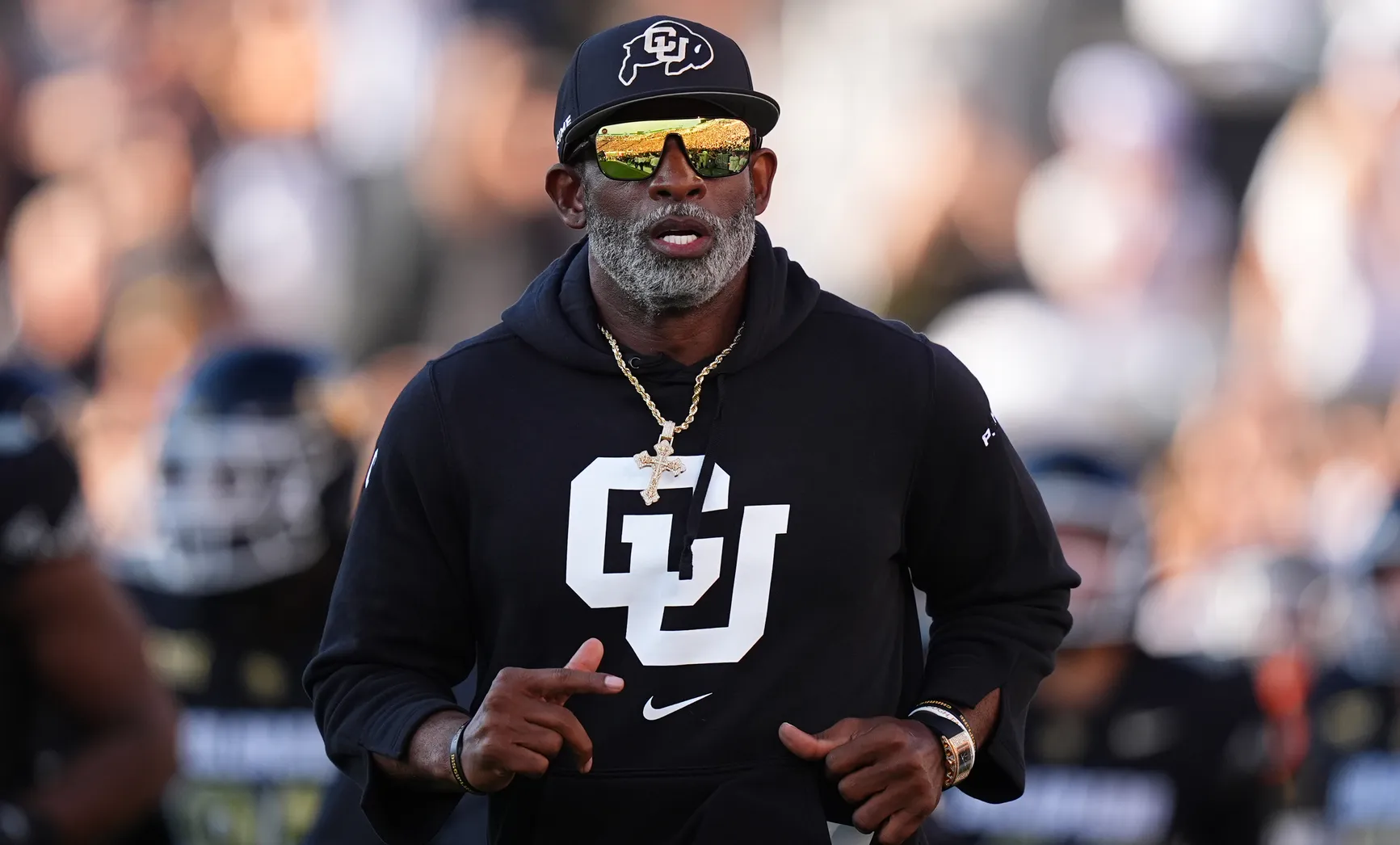In the evolving landscape of college football, few figures have commanded as much attention as Deion Sanders. Known for his charisma, bold statements, and transformational impact on the University of Colorado’s football program, Sanders has once again stirred the conversation—this time by advocating for a college football salary cap. At first glance, the idea may seem unusual coming from a man who has always embraced big money and high stakes, but Sanders’ call reflects a growing concern within college athletics: the need for balance, fairness, and sustainability in an era dominated by Name, Image, and Likeness (NIL) deals and inflated coaching salaries.
The Context: An Arms Race in College Football
Since the Supreme Court’s landmark 2021 ruling and the NCAA’s subsequent decision to allow athletes to profit from their NIL, college football has undergone a seismic shift. No longer bound by outdated amateurism rules, players are now signing multi-million-dollar deals with brands and collectives. In parallel, coaching salaries—already soaring over the past decade—have reached unprecedented levels. Powerhouse programs are pouring tens of millions of dollars annually into coaching staffs, facilities, and recruitment efforts.
This arms race has created a system where wealthier schools with massive donor networks dominate the talent pool, not just in terms of player recruitment, but also in hiring and retaining elite coaching talent. The playing field, already uneven, has become increasingly lopsided.
Enter Deion Sanders.
Sanders’ Standpoint: A Call for Structure
Deion Sanders is not your average college football coach. As a former NFL Hall of Famer and multi-sport athlete, he brings a unique player-centered perspective to the job. But he’s also a realist. His experience navigating both professional and collegiate sports has shown him the pitfalls of unregulated spending.
His call for a salary cap isn’t about limiting opportunity—it’s about ensuring that the game remains competitive and doesn’t spiral into a realm where only the richest survive. Sanders believes that without some form of structure or ceiling on spending, college football risks losing its soul. The message is clear: let’s preserve the integrity of the game before it becomes indistinguishable from professional sports.
Leveling the Playing Field
One of the most compelling arguments for a salary cap in college football is competitive balance. Programs like Alabama, Georgia, and Ohio State operate with financial resources that dwarf those of mid-tier or smaller schools. While talent and coaching certainly play roles in success, financial disparity has become a key driver of dominance.
Sanders’ Colorado team, despite its media buzz and improved recruiting, still faces challenges in competing with the financial clout of blue-blood programs. A cap on salaries for coaches and potentially even NIL earnings (through structured, regulated channels) could help level the playing field, making it more likely for underdog programs to compete on equal footing.
This parity could improve fan interest, television ratings, and ultimately the long-term sustainability of college football as a national sport, not just a showcase for a few elite institutions.
Protecting Young Athletes from Exploitation
Another reason Sanders is raising the alarm is concern over how NIL is affecting young players. In a system with no salary guidance or financial literacy requirements, 18- and 19-year-old athletes are being handed large sums of money with little preparation. Sanders has spoken candidly about how money can be both a blessing and a curse when not properly managed.
His call for a cap isn’t necessarily about reducing earnings; it’s about creating a framework that protects athletes, encourages responsible behavior, and maintains the educational mission of college sports. College is supposed to be a developmental stage—not just physically and competitively, but emotionally and financially as well.
The Coaching Bubble
Coaching salaries have ballooned in recent years. Top coaches now earn upwards of $10 million per year, and assistant salaries are also trending steeply upward. This inflation is driven not just by success but by the market dynamics of keeping up with the Joneses.
Sanders’ suggestion for a cap here touches on a broader concern: how long can this model be sustained? Many athletic departments are operating at a deficit, propped up by television contracts and donor money. If the market ever turns—or if legal scrutiny increases—programs could face financial crises. A salary cap could help reign in runaway spending and encourage smarter, more balanced budgeting.
The Inevitable Pushback
Sanders’ proposal is likely to face stiff opposition. Powerful boosters, coaching agents, and even some athletes may resist any perceived limitations on earning potential. Critics will argue that in a free-market system, individuals should be compensated based on demand and merit.
Additionally, the legal complexities of imposing salary caps on student-athletes who are not classified as employees present significant challenges. A blanket cap may be deemed a restriction of economic freedom, particularly now that courts have increasingly favored athletes’ rights.
A Voice of Leadership
Still, Sanders is willing to lead this difficult conversation. He understands the allure of the current system, but he also sees the long-term consequences of unchecked financial escalation. By using his platform to speak out, he’s challenging college football to be proactive rather than reactive.
His message is not about restricting greatness but about preserving competition. It’s a warning that if things continue down this path unchecked, college football could face an identity crisis—and potentially alienate fans, communities, and students in the process.
Conclusion
Deion Sanders has never been shy about speaking his mind, and his push for a college football salary cap is a bold call for responsibility in an increasingly chaotic system. While implementing such a cap will be legally and politically challenging, his advocacy is a reminder that college football must confront its financial reality. Without thoughtful regulation, the game risks losing its fairness, its balance, and perhaps even its future.



